
Paid but Still No Ship? GZMC and SHMC Coordinate to Resolve Cross-Jurisdictional Dispute
Recently, Guangzhou Maritime Court (GZMC), in collaboration with Shanghai Maritime Court (SHMC), successfully resolved a foreign-related dispute over a vessel sale. In this case, after GZMC initiated enforcement proceedings based on an arbitral award, the related case also entered litigation procedures at SHMC. In May 2025, the two courts coordinated efforts, resulting in an effective resolution of the dispute. In 2021, a Malaysian company paid over RMB 7 million to commission a Shenzhen resident, Yan, to purchase an engineering vessel in China. Yan's wife operated a company in Shanghai (the "Shanghai Company") primarily engaged in the sale of vessels and related equipment. In May 2021, the Shanghai Company, managed by Yan's wife, paid RMB 5.2 million to purchase an engineering vessel and related equipment from a company based in Zhuhai (the "Zhuhai Company"). However, the Zhuhai Company failed to deliver the vessel as scheduled. On June 16, 2023, the Shanghai Company filed for arbitration with the Shenzhen Court of International Arbitration (SCIA). On August 29, 2024, the arbitral tribunal ruled that the Zhuhai Company shall return the RMB 5.2 million. As the company did not voluntarily refund the payment, GZMC initiated compulsory enforcement proceedings. Why did the Zhuhai Company neither deliver the vessel nor return the payment? During a field investigation, Deng Min, the enforcement officer in charge at GZMC, learned that due to policy restrictions, the vessel could not be exported. The Zhuhai Company argued that the failure to deliver was not due to its own fault, and therefore it refused to issue a refund. As the Malaysian company never received the vessel after making payment, it filed a lawsuit in March 2025 with SHMC against Yan and the Shanghai Company, demanding the return of the RMB 7 million. Upon accepting the case, SHMC lawfully issued a pre-enforcement freeze on the funds under enforcement by GZMC. "Given that the enforcement funds have now been pre-frozen, if Yan continues to resist, the Malaysian company is likely to insist on recovering the entire RMB 7 million, leaving no room for compromise," said Deng Min. In response, Deng Min coordinated with judges from SHMC to mediate among the parties. They advised the Zhuhai Company and the Shanghai Company to reach a settlement while the Malaysian company was still open to partial recovery, aiming to resolve the matter swiftly. After multiple rounds of negotiation led by the enforcement officer, the parties reached an enforcement agreement: the Zhuhai Company would return part of the payment to the Malaysian company, and in return, the Malaysian company would withdraw its lawsuit against Yan and the Shanghai Company. The dispute was ultimately resolved successfully. "Enforcement cases are often complex. Only by fully understanding the background and identifying the needs of all parties can we tailor the right solution," Deng Min remarked.
- GZMC Holds a Series of Events to Celebrate the 104th Anniversary of the Founding of the CPC
- GZMC Releases 2024 White Paper on Maritime Trials
- A Shared Banner of Gratitude: Why Opposing Parties Honored a Court Together
- Before Running Out of Food and Water, They Received Aid from China
- Escape to Avoid Debts? "Exit Control" Measures Strengthen Enforcement
Chen Youqiang
President of the Court

Welcome
The Guangzhou Maritime Court is one of the maritime courts with the longest history in China, which was established on 1st June 1984. It is a special court which has jurisdiction over the sea area and the seaward inland river within the Guangdong province, including the shore areas and ports.
Read more
Annualort
Report
Guangzhou Maritime Court
JUDGEMENT
Guangzhou Maritime Court
judgement
- Case of disputes over contract of carriage of goods by sea between AIG UNION Y DESARROLLO, S. A. and Guangzhou Ocean Shipping Company
- Case of dispute over compensation for vessel-involved pollution damage between Shinhan Capital Co., Ltd. and Jiangmen Maritime Safety Administration of PRC
- Case of dispute over ship mortgage filed by Cornèr Banca S.A. against Jiangmen Yinhu Shipbreaking Co., Ltd and others
| Case No. | Case Status | Presiding Judge | Court Clerk |
|---|---|---|---|
| (2015)Guang Hai Fa Chu Zi No.111 | Archived | Li Zhengping | Liao Linfeng |
| (2015)Guang Hai Fa Chu Zi No.34 | Archived | Wu Guining | Chen Di |
| (2020)Yue 72 Min Chu 279 | Archived | Pingyang Danke | Pu Meijie |
| (2020)Yue 72 Min Chu 278 | Archived | Pingyang Danke | Pu Meijie |
| 2020 Yue 72 Min Chu 331 | archived | Luo Chun | Li Zhenyao |

CASE ABSTRACT
- Ding v. Company A – Validity of Limitation of Liability Clauses in an Ocean Freight Forwarding Contract
- Contract Dispute over Ocean Freight Forwarding Between Company A and Company B – Examining the Issue of Cargo Deemed Infringing by Foreign Customs
- Chen v. Company A and Company B – Joint Liability of Labor Dispatching Entity and Receiving Entity for Unlawful Return of Dispatched Workers Resulting in Damages
- Case of Company A v. Company B: Dispute over a Contract of Carriage of Goods by Sea
- Case of Company A v. Company B, Company B (China), and Company C on Product Liability Dispute Concerning Marine Equipment

ACADMIC COMMUNICATION
- Justiciability and Judicial Review of Waterborne Traffic Accident Investigation Reports
- An Empirical Analysis of Cases Involving Disputes over the Right to Use Sea Areas
- The Application of the Rule Against Fruitless Auctions in Ship Auctions
- Recognition and Satisfaction of Newly Arising Claims During Ship Arrest —On the Amendment of Article 111 of the Special Maritime Procedure Law of the People's Republic of China
- A Preliminary Study on the Procedure for Realizing Security Interests of Maritime Liens
THE VOICE OF JUDGE
- Judge Deng Feifei : The Legal Risks of Buying Exotic Pets Online
- Judge Zhang Zihao:Cross-border E-commerce Logistics Disputes: Insights into the Risks and Smart Solutions
- Judge Zhang Zihao:"Smart Acceleration" in Online Judicial Auctions
- Judge Wu Manting:Online Purchase of Green Sea Turtle "Buys" a Lawsuit
- Judge Zhong Yufeng:Equipment Worth 40 Million Yuan Lost at Sea: Who Pays?
- Some Provisions of the Supreme People's Court on the Scope of Cases to be entertained by Maritime Courts
- Requirements and steps to apply for the arrest of a vessel
- Enforcement--- The Last Stage of Lawsuit
- How to lodge an Appeal
- How to Conduct the Court Hearing
- Let the Evidence Speak: How to Collect and Submit Evidence?
- How to Respond to an Action?
- How to Initiate a Lawsuit?

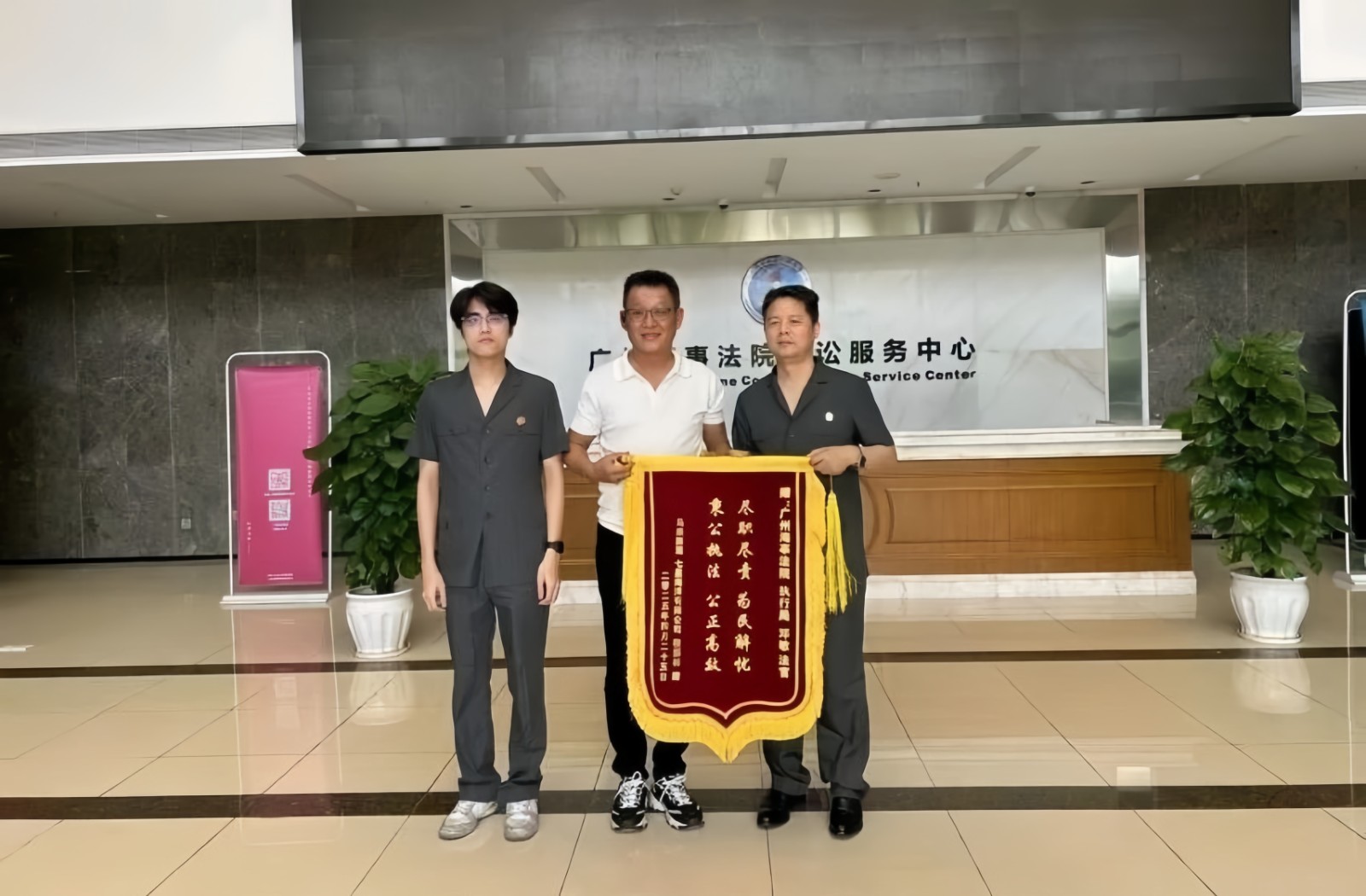
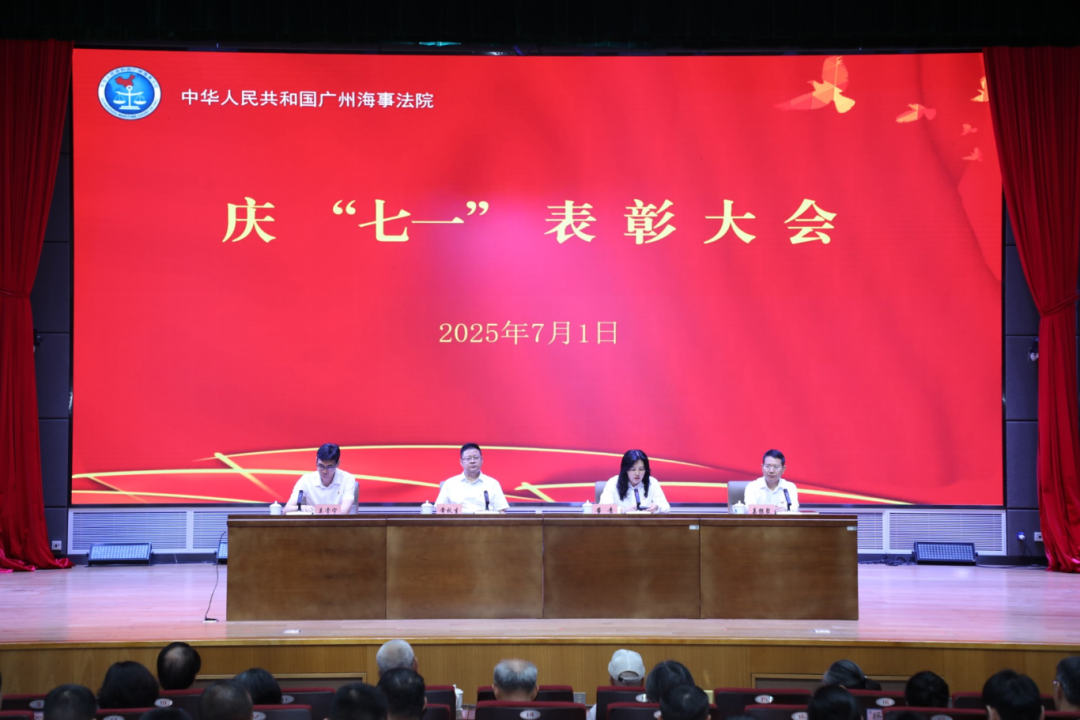
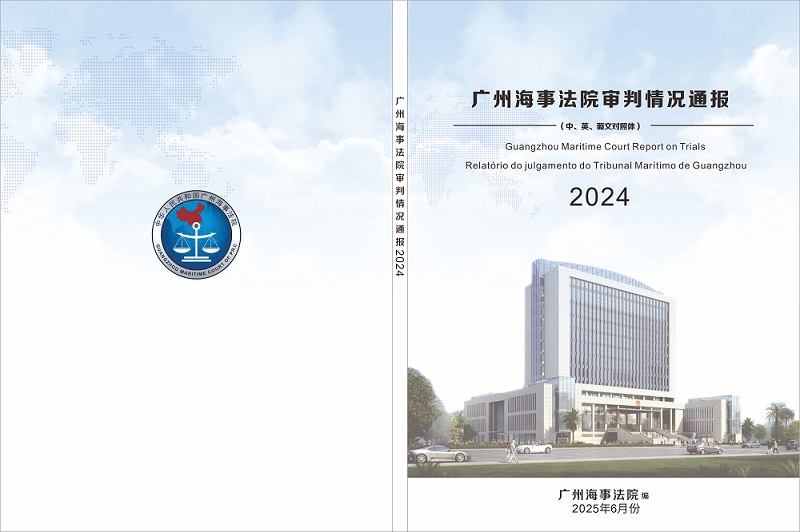
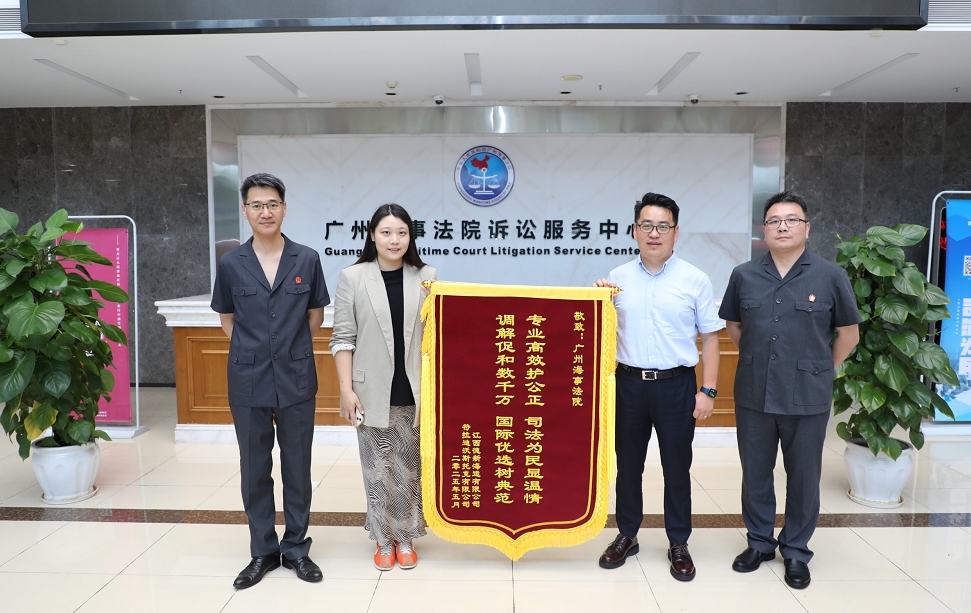
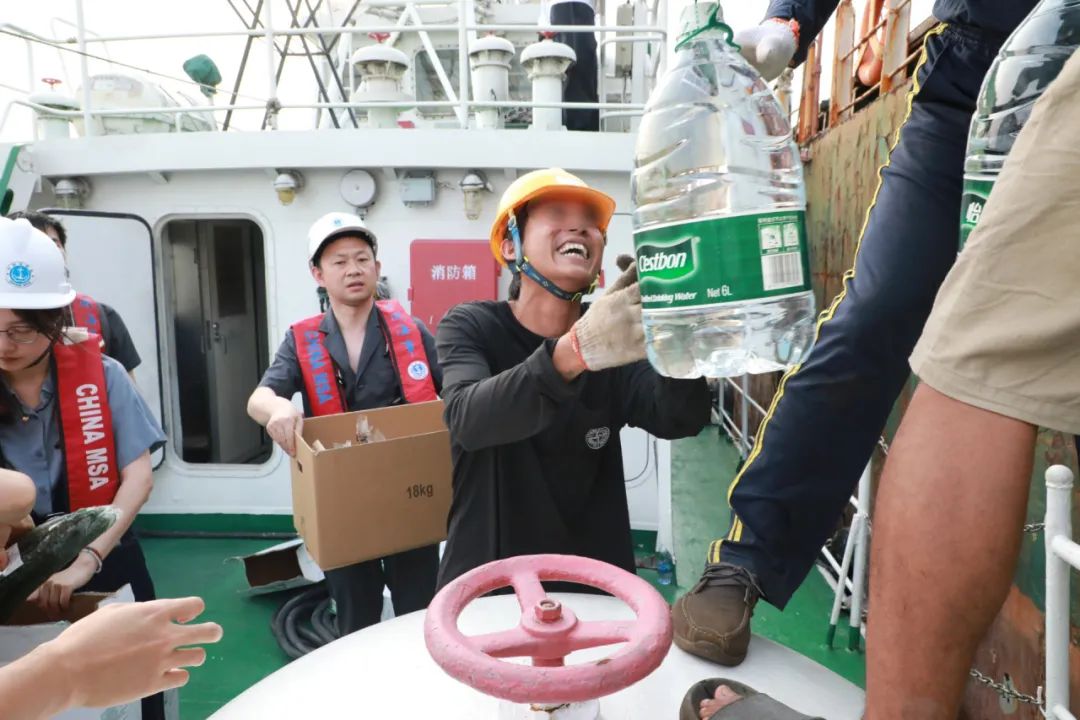


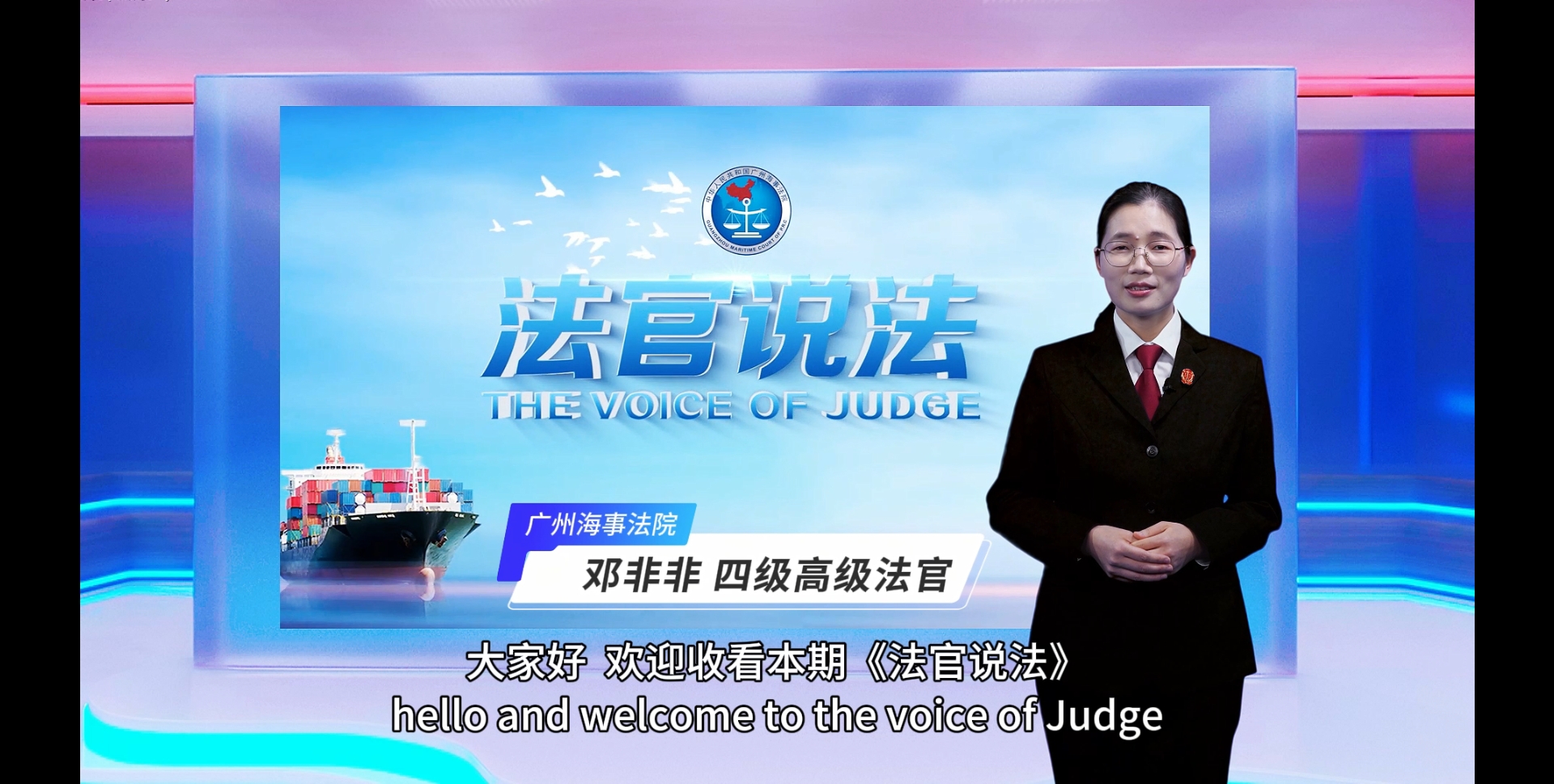
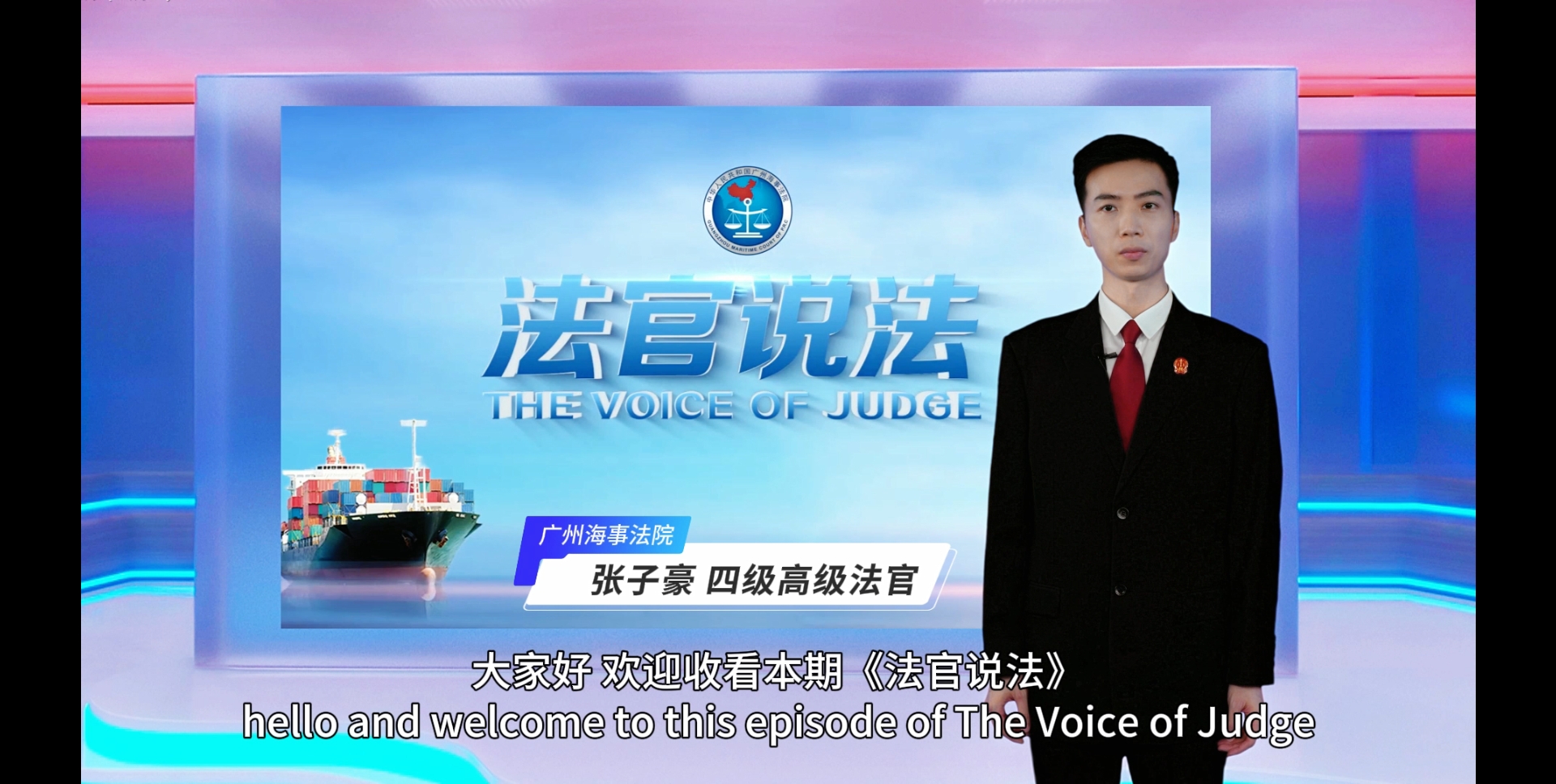
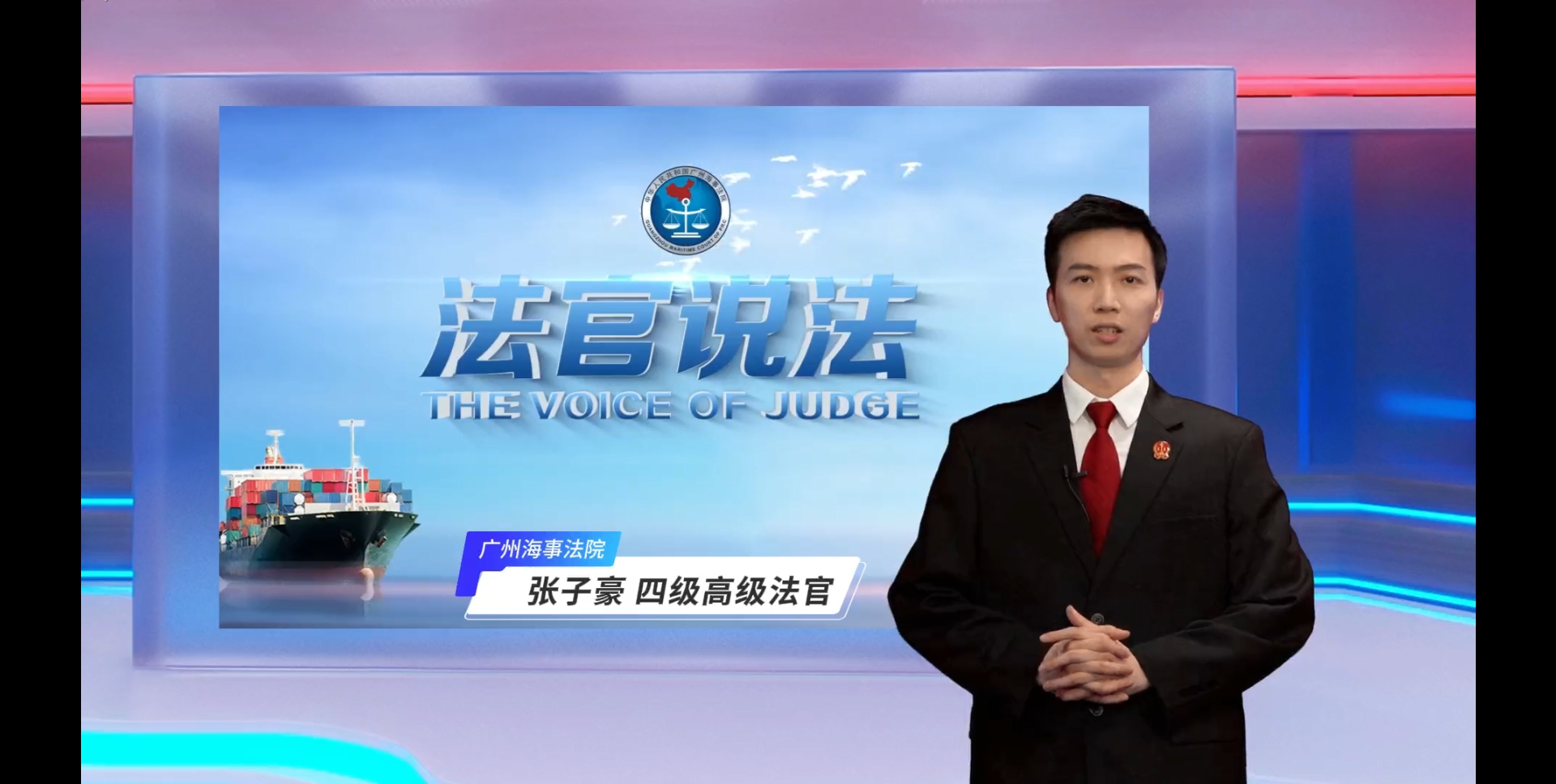
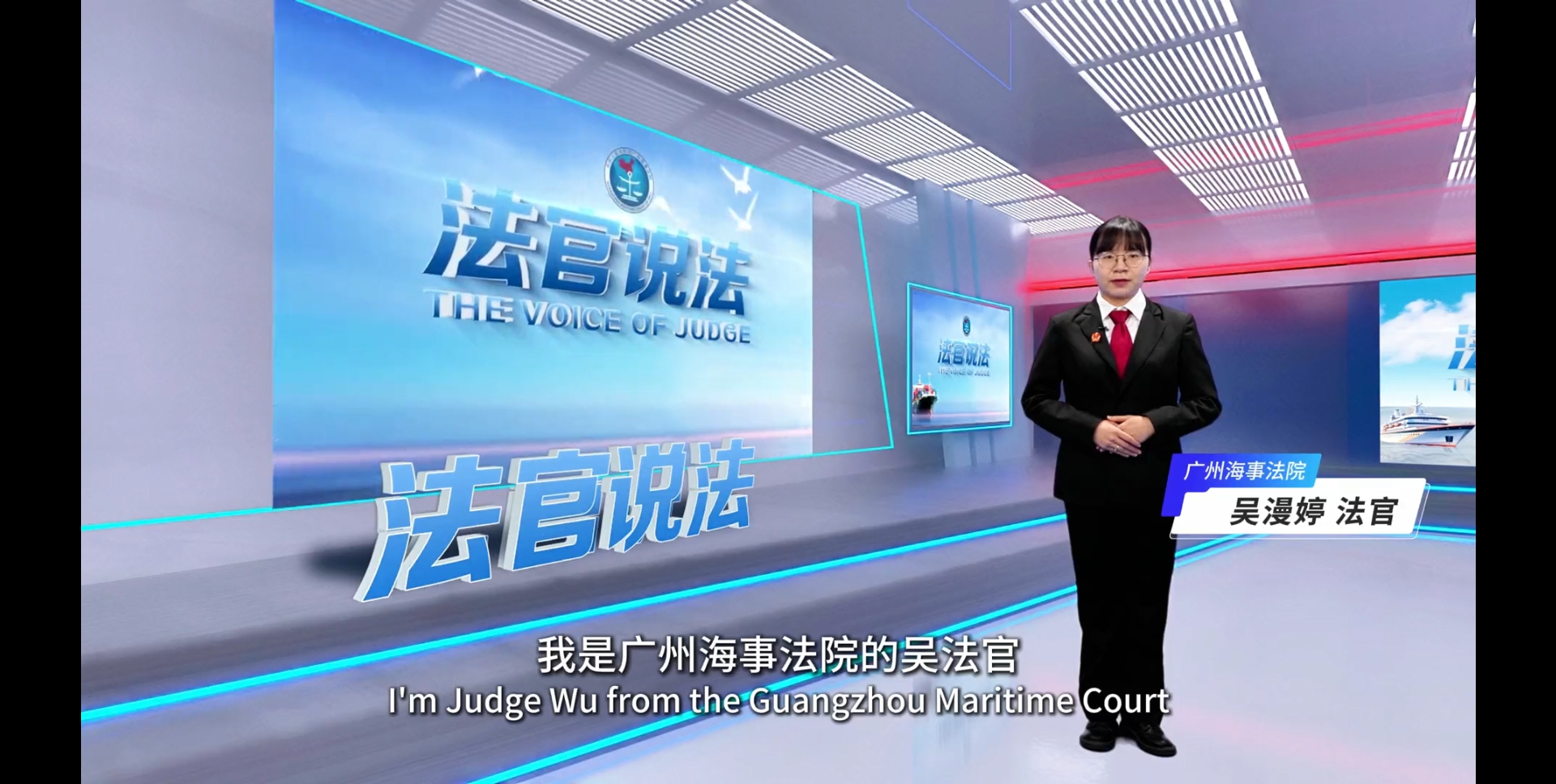
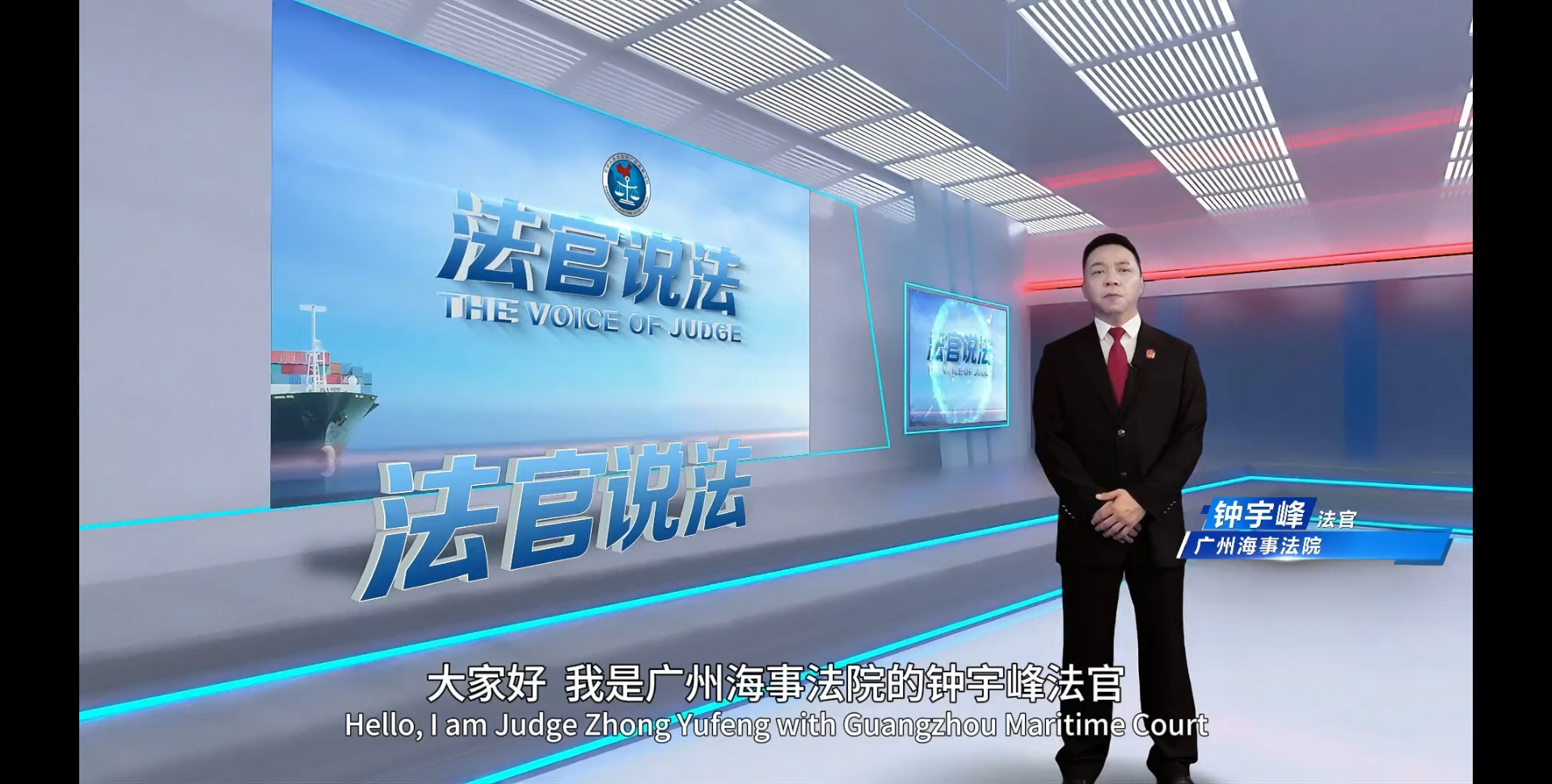



 粤公网安备44010502002715
粤公网安备44010502002715